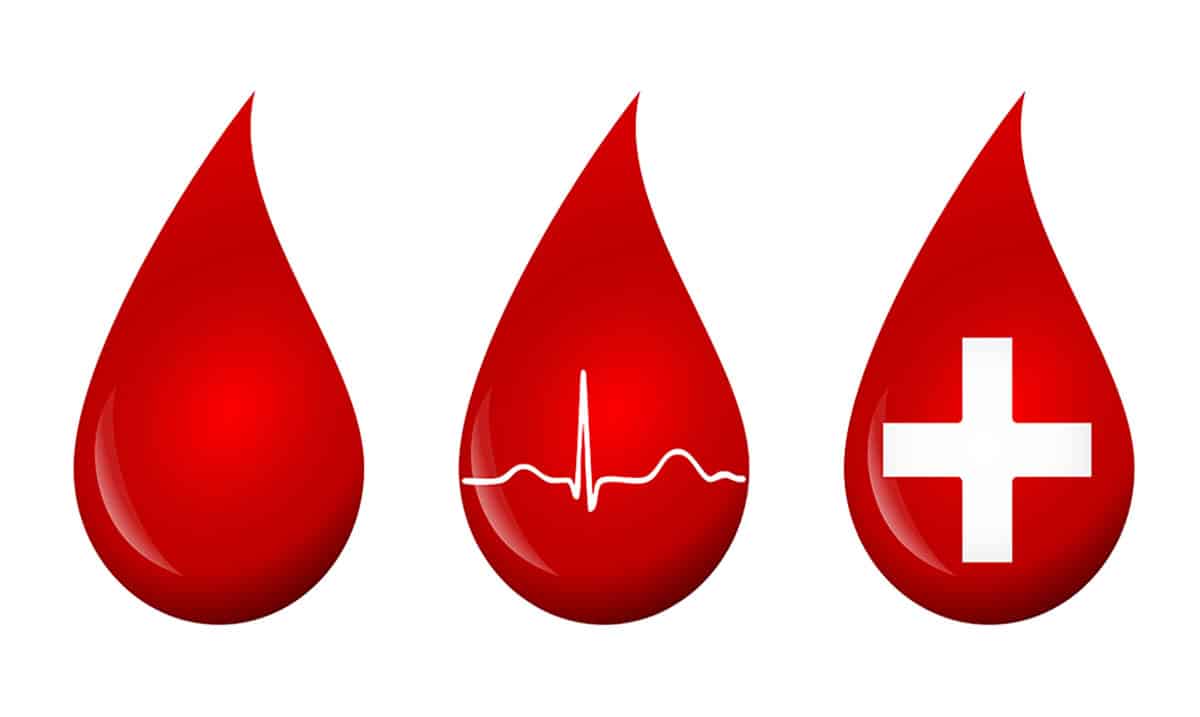Headaches are an awful thing to experience, especially in recurrence. Regular headaches can make life miserable, and a new study has found that it makes you much more susceptible to another serious health illness.
Headaches can be caused by many different things. They stem from pain sensitive areas in your head that are overactive, including blood vessels, muscles, and nerves of the head and neck. It could also be a result of a change in neurochemicals, or simply a side effect of stress. However, when headaches become a regularly recurring issue it changes the game.
A study published in Headache: The Journal of Head and Face Pain discovered that people who suffer from headaches, cluster headaches, and migraines are more likely to additionally suffer from a health issue known as hypothyroidism. Hypothyroidism, also known as underactive thyroid disease, occurs when your thyroid gland does not produce enough thyroid hormone. The thyroid gland is located in your lower neck. It releases hormones that travel throughout our bloodstream and affects basically every part of our body, from your skin to your brain.
The study found that people who suffer from tension or cluster headaches were 21% more likely to develop hypothyroidism, and people who suffer from migraines experience a 41% increase. Researchers are unaware of the exact reason why people with headache disorders are more likely to obtain hypothyroidism, however, treating the hypothyroidism can additionally improve your headaches.
Symptoms of UnderActive Thyroid Disease include:
- Fatigue
- Increased sensitivity to cold
- Constipation
- Dry skin
- Weight gain
- Puffy face
- Hoarseness
- Muscle weakness
- Elevated blood cholesterol level
- Muscle aches, tenderness, and stiffness
- Pain, stiffness or swelling in your joints
- Heavier than normal or irregular menstrual periods
- Thinning hair
- Slowed heart rate
- Depression
- Impaired memory
If you display symptoms of hypothyroidism, a doctor will order blood tests to check your hormone levels. The primary hormones associated to hypothyroidism is Thyroid Stimulating Hormone (TSH) and T4 (Thyroxine). There are cases of hypothyroidism that has increased TSH and normal T4 levels. This is known as sub-clinical (mild) hypothyroidism, also believed to be an early stage form of hypothyroidism.
If you suffer from constant headaches you might want to look into checking yourself for hypothyroidism. Frequent headaches do result in a 40% increased chance, after all. It would never hurt to check and treating it might also rid you of your headaches!



